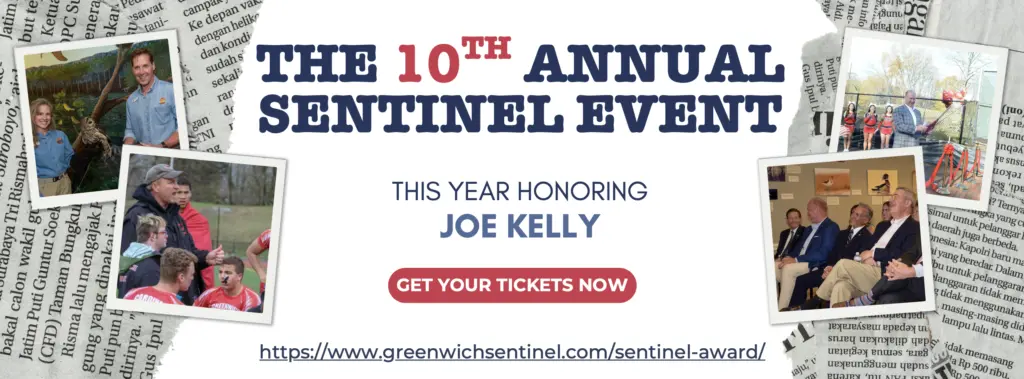
By Dan FitzPatrick
What a piece of work is man! how noble in reason! how infinite in faculty! in form and moving how express and admirable! in action how like an angel! in apprehension how like a god! the beauty of the world, the paragon of animals!
Shakespeare, Hamlet
We human beings are a complicated lot. Simultaneously corporeal and spiritual, a messy mix of intellect and instinct, actions and emotions, good and evil, altruism and selfishness. We are inherently social beings, yet more often place our own needs above the needs of others. We stand at the top of the evolutionary world we have inherited yet our greed and pride have rendered us questionable stewards of that inheritance. Surrounded by beauty, we waste time, effort and energy worrying, striving, arguing and stressing out about just about everything, including many things completely beyond our control. Like Martha in the Gospel of Luke (10:38-42), we are missing the big picture.
In the Judeo-Christian faith tradition, men and women are endowed by their creator, God, with free will, the unconstrained ability to choose between loving God and loving self. A full treatment of free will and the opposing concept of predeterminism is beyond the scope of this article, so I will offer only my own views on the subject, focusing principally on the concept of love.
At its core, love is understandable only in the context of a relationship. According to the Bible, God wished to have a mutual and loving relationship with mankind, but faced a challenge: as created beings, men and women would be beholden to God, and obligated love is no love at all. So, God did an amazing thing: he gave us all the freedom to choose. With the gift of free will, we became free to accept God’s love or to reject it. God in effect gave us a godlike power – the ability say “no” to the ultimate authority, to stand in the way of God’s plan. God chose to gamble, but did so for a very good reason: love freely given and freely returned is truly love.
God’s request for love was very simple: follow his will. He gave us clear instructions: a few simple written commandments and even a headline summary – love him with all your heart, soul and mind, and your neighbor as yourself. Many believe he also took on human form to deliver that message personally.
While only God knows how the gamble has paid off, the recorded history of mankind’s tenure as master of the world is not encouraging. Certainly, our treatment of one another over the years has left a lot to be desired.
So, what is my purpose in writing this?
Many of us are struggling with issues and concerns seemingly beyond our ability to solve or address. Our worries can crush us emotionally, paralyze us mentally and even drive us to seek escape in alcohol, drugs and other destructive behaviors. Often the root of our worries lies in a sense of hopelessness driven by the perception that, despite our best personal efforts, we cannot solve these problems.
In difficult times I find it useful to re-read Max Ehrmann’s short poem, “Desiderata,” particularly these lines: “Beyond a wholesome discipline, be gentle with yourself. You are a child of the universe, no less than the trees and the stars; you have a right to be here. And whether or not it is clear to you, no doubt the universe is unfolding as it should.” It reminds me to let go of the conceit that I am in control, to trust that there is a grand plan and that the goal and purpose of that plan is ultimately for my benefit. To trust that God has got it covered.
The key as I see it is to surrender our will to God’s. But the word “surrender” catches in the throat; it conjures up images of weakness, of failure, of defeat, of submission, of loss. I’d like to offer an alternative interpretation.
As I see it, the act of surrendering ourselves to God’s will is actually the highest exercise of our free will, and the purest possible expression of love for God that God could ever want. We become no less in so doing, and in fact widen the path by which we may inherit everything. This is how I have understood the biblical concept of dying to self in order to live in heaven. Jesus’ life and death model this behavior, and this is what I believe he was referring to when he said “I am the way, the truth and the life. No [one] comes to the Father but by me.” (John 14:6)
The act of surrender is not easy. It goes against just about every natural instinct and worldly norm. The ego does not give up without a fight. Therefore, I view surrender of the will as an ongoing process. While we might make the initial decision on a particular day, most of us will need to renew that commitment every day, and even multiple times within a day. Think of it as physical therapy for the soul.
I can think of no better ending for this article than to quote from Desiderata’s closing lines: “Therefore be at peace with God, whatever you conceive Him to be. And whatever your labors and aspirations, in the noisy confusion of life, keep peace in your soul. With all its sham, drudgery and broken dreams, it is still a beautiful world.”





